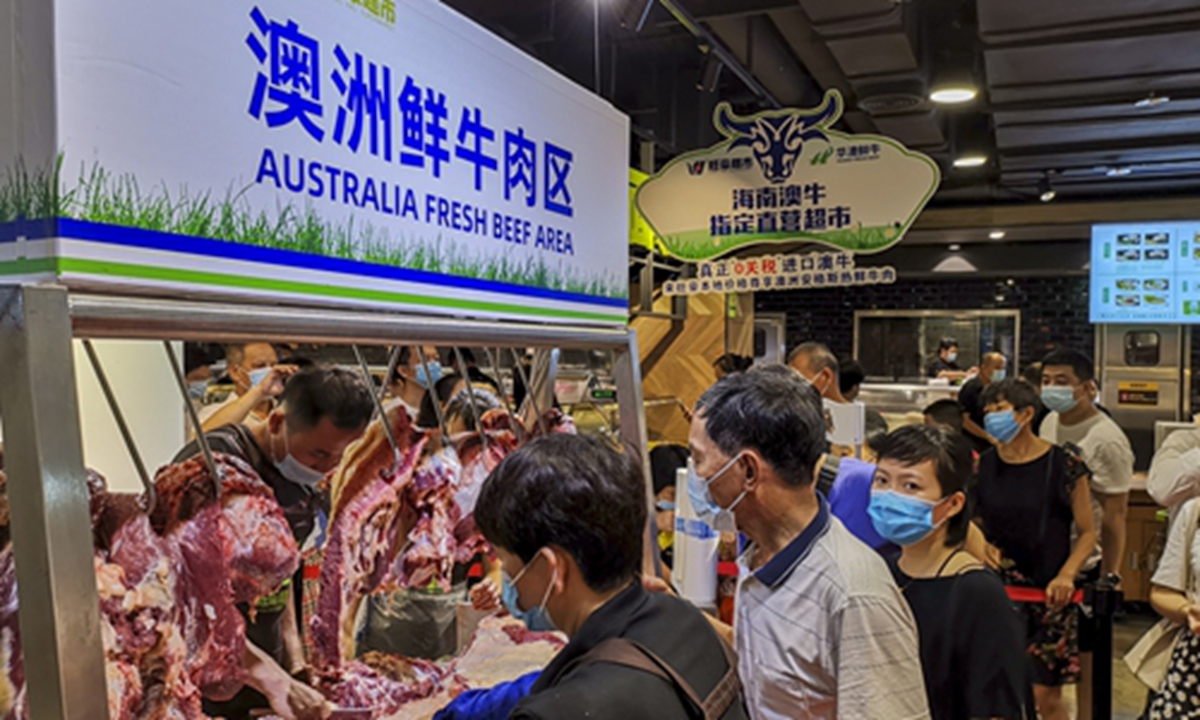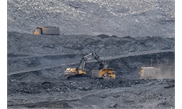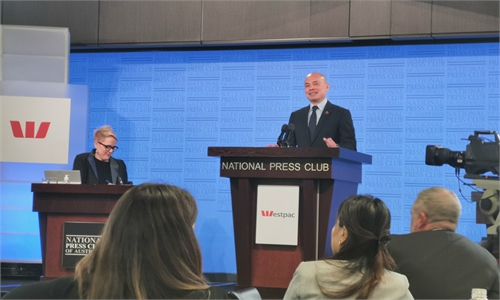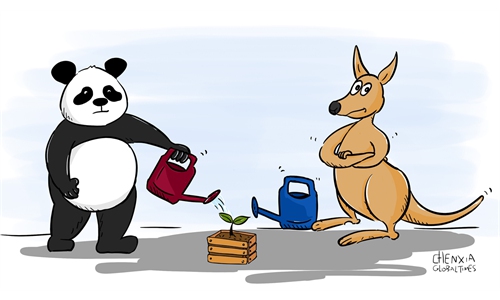
File photo
At a time when China-Australia relations are severely strained, mostly resulting from Canberra's ill-intentioned moves to hamstring China, even some non-political decisions by Beijing could be easily interpreted as a tit-for-tat by this country, much to the detriment of bilateral economic ties that urgently need a breath of fresh air.Chinese customs recently suspended beef imports from a fifth Australian abattoir after finding the banned chemical chloramphenicol in pieces of sirloin.
According to an official statement published on Friday, Chinese customs authorities destroyed the defective products and required the Australian side to conduct a comprehensive investigation of the relevant Australian company, and provide feedback to the Chinese side within 45 days.
In the case of this latest beef suspension, China's response to the imported meat that might harm Chinese people's health is entirely reasonable and lawful, and should by no means be politicized to escalate the tensions over normal China-Australia trade.
However, it is disturbing and regrettable to see this isolated food safety case is being used as a political tool by some people in Australia.
Drawing connections with the Morrison administration's rejection of a Chinese bid to buy an Australian dairy brand, or a reported Canberra threat to veto Victoria's Belt and Road agreement with China, some Western media outlets play up the political tit-for-tat implications behind the action by Chinese customs, with no regard for objective facts and evidence.
It is worth noting that the current hostile political climate should not be the reason to misunderstand or over-interpret every Chinese move taken against Australian importers, because the politicization of normal trade measures won't help ease the deterioration of bilateral relations but instead will only worsen the feud.
In fact, those in Australia who always believe that China is retaliating economically or will resort to "economic coercion" should reflect on what the Australian side has done to its largest trading partner.
This is because their worries over potential Chinese retaliation only implicitly reflect a guilty conscience about the Morrison government's continuous provocations of China-related issues.
For instance, last month, the Morrison government rejected China's owning legitimate territorial rights in swathes of the South China Sea in a filing to the United Nations. If Canberra chooses repeatedly to obstruct this country's sovereignty there, no wonder economic repercussions are widely anticipated.
Nevertheless, it is essential to distinguish a real retaliation from a normal trade action for the purpose of protecting market confidence.
In the beef suspension case, there is no need for China to target an Australian abattoir with little significance to either economy.
Chinese customs will adhere to the country's laws and regulations to carry out inspection and quarantine measures on imported foods and other good, and won't be deterred by the fear of being misunderstood to give up protecting the health of its own citizens.
Moreover, as technology and quarantine requirements evolve, China's inspection and quarantine standards could become even more stringent for imported food in the future. It is much ado about nothing if anyone wants to politicize such a trend.



